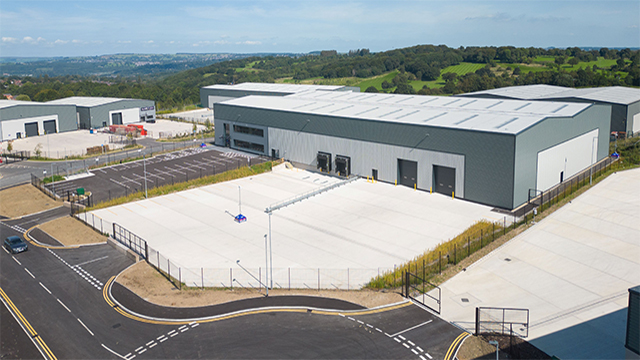A majority of businesses admit they may have overshot efforts to downsize office space in the wake of the pandemic, as office attendance rises and places pressure on businesses’ reduced accommodation.
Nearly half of respondents are looking to expand their office space over the next 12-18 months, according to a survey of 501 senior decision makers – who are involved in the decision-making process related to office strategy – conducted by law firm Irwin Mitchell.
Half said they would do so by reconfiguring their existing spaces, rather than relocating to a new site, as another 23% said they would. In a coup for flex operators, 44% of respondents said they were considering incorporating flex into their portfolio.
Just 10% are looking reduce their office space, while roughly three-quarters expect office attendance to increase over the next year and a half. Already 72% of employers have noted an increase in attendance, with continued growth expected in London and the North West by 81% and 71% respectively.
Roughly a third of respondents say their existing space can handle full capacity, while 53% said they would fall short if everyone returned to full-time in-person attendance.
Will Scott, partner in Real Estates Disputes at Irwin Mitchell said: “As rising costs and inflation impact corporate decision making and in line with the need to reduce unnecessary expenditure, businesses appreciate they need to improve the productivity of their current office space.”
He added that, in doing so, they were looking to create workplaces which “both accommodate increasing numbers of staff coming back in to work, but also one that can satisfy internal stakeholders’ needs and wishes.”
Rising costs are meanwhile the biggest concern for businesses, with 43% citing inflation and higher interest rates in particular. Other issues raised included increased employment costs and risks, raised by 30% of respondents, adverse tax policies, by 23%, and rising operating costs, by 21%.
Businesses, however, seemed to show limited concern about the government’s current EPC regulations, with 72% saying they would enter a lease expiring beyond the 2030 deadline in a building below the required B standard.
Yet just one in six said sustainability was not a concern, though nearly half cited cost as the main barrier to reducing the environmental impact of their office space.
Instead, pursuit of net zero is linked to cost reduction, with 47% saying they would pay a higher rent for greener offices as long as they could recoup the costs through reduced service charges or energy bills.
Image: © Adobe Stock
Send feedback to Dominic Plaskota
Follow Estates Gazette










